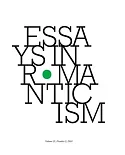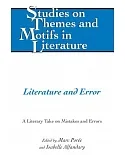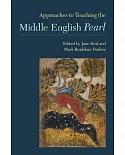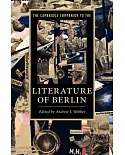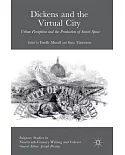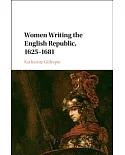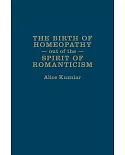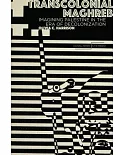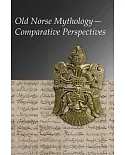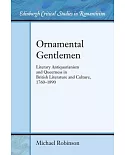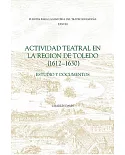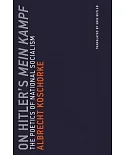Alexander (political theory, Bilkent U., Turkey) analyzes the political writings of George Bernard Shaw (1856-1950), placing Shaw's views within the context of the wider debates between
socialists, radicals, liberals, and conservatives in the late 19th and early 20th centuries. He analyzes how Shaw viewed the nature and purpose of capitalism, individualism, collectivism,
anarchism, revolution, reform, democracy, imperialism, free trade, protectionism, and related concepts. He argues that Shaw constructed a socialism that is best understood as controversial in
that it existed at all times in tension with the doctrines of liberalism and Marxism, even as it evolved from an coherent and inclusive socialism (incorporating ideas from both Marxism and
liberalism), into a coherent and exclusive socialism (distinguished from both Marxism and liberalism), and eventually into an incoherent and inclusive socialism (acknowledging irreconcilable
but necessary Marxist and liberal purposes). Annotation 穢2009 Book News, Inc., Portland, OR (booknews.com)


